Author: Andrew Hamilton
There are more than 200 results, only the first 200 are displayed here.
-

RELIGION
- Andrew Hamilton
- 24 March 2022
10 Comments
Any program of church reform will have soon to ask Chernyshevsky’s question, What is to be done? It is a dangerous question — he wrote his novel from jail and spent much of his life in exile or imprisonment. Discussion of Church matters is mercifully less perilous today, but the question does invite a radical repiecing of the connections and tradition and energies that constitute Catholic life.
READ MORE 
-
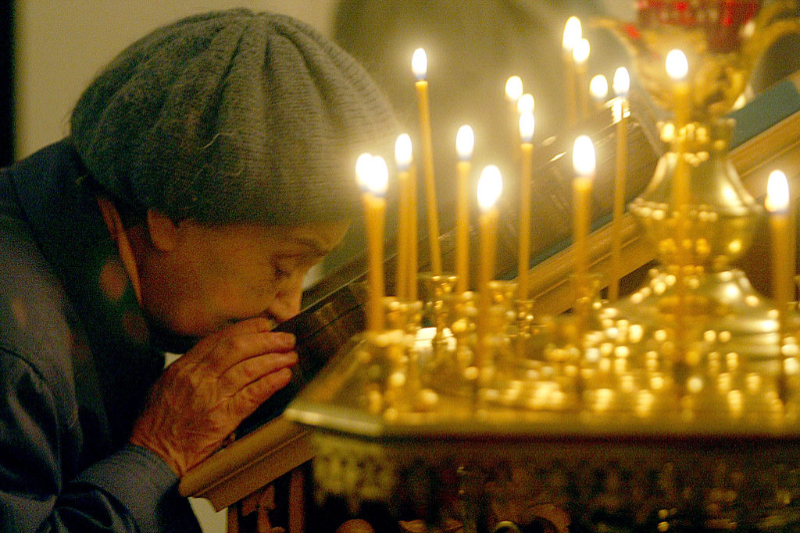
INTERNATIONAL
- Andrew Hamilton
- 17 March 2022
12 Comments
Taken together the events of recent years suggest that we face a crisis, a time in which the working assumptions that have guided our personal and collective lives no longer hold. If we do not change we face increasing threats to the world that we shall hand on to our children.
READ MORE 
-
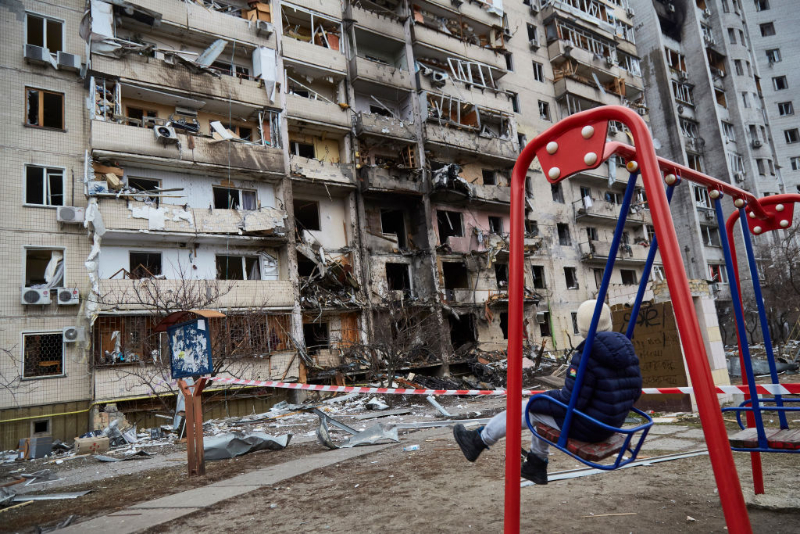
INTERNATIONAL
- Andrew Hamilton
- 08 March 2022
19 Comments
In the face of the horrors of invasion it is natural to be fascinated by the destructiveness of war and to immerse ourselves in military and political strategies. It is also natural to feel helpless and angry at the destruction of human lives, of cities and freedoms, and from a distance to barrack for one side and against the other. We attribute blame and praise, weigh causes and justifications, and divide the world into friends and enemies.
READ MORE 
-

AUSTRALIA
- Andrew Hamilton
- 02 March 2022
10 Comments
In the last few weeks the threat of a Khaki election has loomed large In Australia. The invasion of Ukraine and tensions in relations with China have focused attention on which party can best ensure national security. This question will surely be pressed during the election campaign.
READ MORE 
-
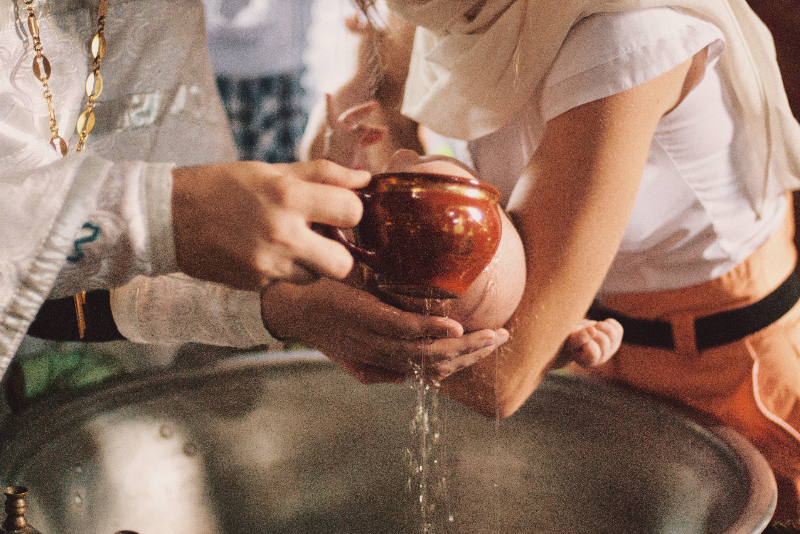
RELIGION
- Andrew Hamilton
- 24 February 2022
44 Comments
A local event in the United States Catholic Church has recently aroused interest in Australia. A Bishop declared to be invalid (non-existent and without effect) baptisms celebrated over twenty years by a priest of his diocese. As a result people baptised by the priest will have to be properly baptised. Although the issues raised by this event are specific to the Catholic Church it raises broader questions of how any group should respond to behaviour considered deviant.
READ MORE 
-
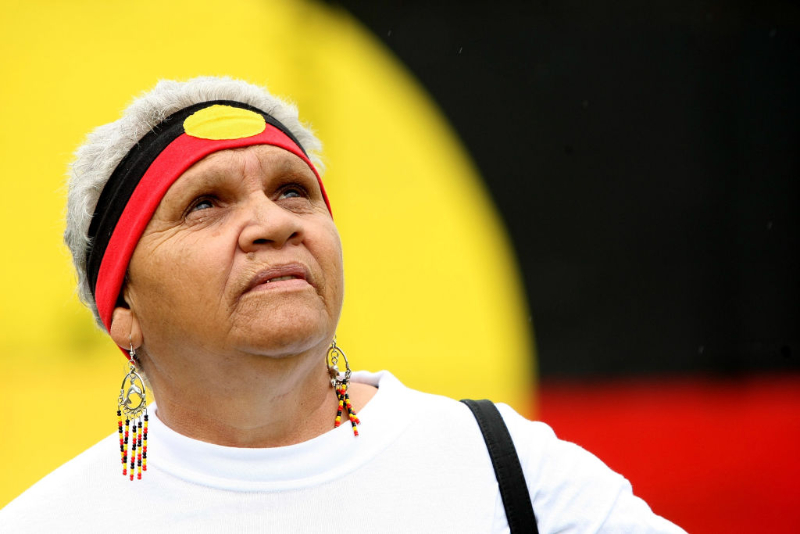
AUSTRALIA
- Andrew Hamilton
- 14 February 2022
6 Comments
The Apology by the representatives of Government was a landmark at the juncture of the road from the past and the path to the future. It defined the harm suffered by Indigenous Australians at the hands of governments obsessed by an ignorant and biased ideology. It also vindicated the Indigenous advocates who had long demanded an end to discriminatory attitudes and behaviour within non-Indigenous Australian society and its institutions.
READ MORE 
-
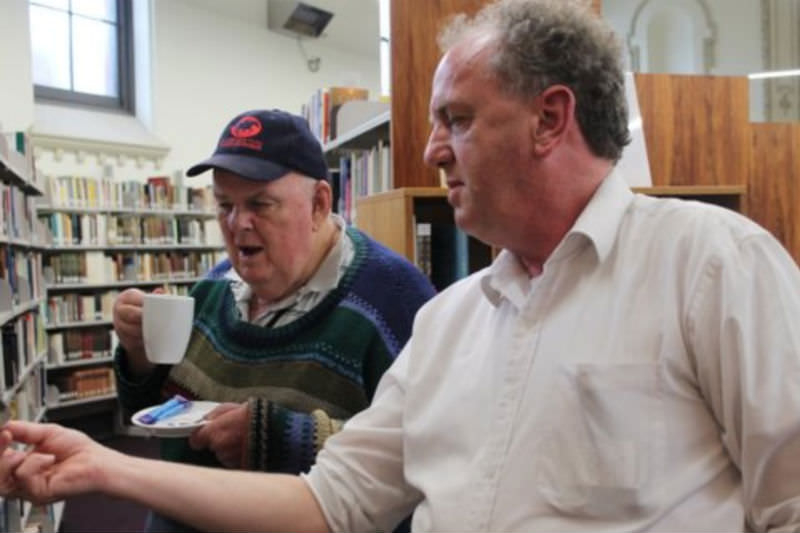
ARTS AND CULTURE
- Andrew Hamilton
- 14 February 2022
6 Comments
Philip Harvey has been poetry editor of Eureka Street since its early days. Now he has decided that it is time for him to step down from his position in favour of a younger editor. I appreciate the thoughtfulness and generosity of his decision though I feel deeply his loss to us. And I am grateful to him all that he has given to Eureka Street of his skills and of himself, all on an almost honorary basis.
READ MORE 
-
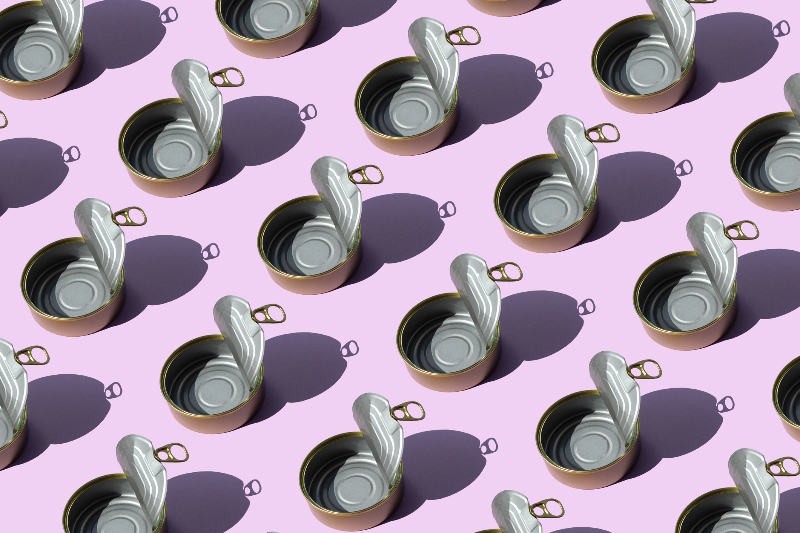
ARTS AND CULTURE
- Andrew Hamilton
- 10 February 2022
16 Comments
My ambivalence about philosophy came from my placing a high value on reason and its desire to test its own limits, but simultaneously being inherently suspicious of reasons. They are the stuff out of which the tin-soldiers of isms are created and so often used to patrol the fence that separates acceptable from unacceptable thought.
READ MORE 